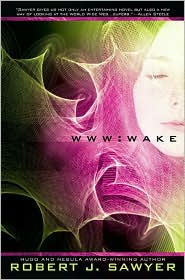Writing a review of someone else’s work is probably one of the hardest things I’ve ever had to learn how to do. Teleporting out of my creative mindset to critique a book or a movie was pretty challenging, because it forced me to deconstruct how someone else put together a particular body of work. So instead of creating something from scratch, I needed to get down to the bare bones of books, comics, and movies to look at their structure and target market. As a result, I’ve found my own writing had improved. Even though it was a bit awkward at first, I really enjoy writing reviews and it helps that I love to read, watch movies and play games.
When I was writing the submission guidelines for Flamesrising.com, we had decided to break out guidelines by format for a few mediums. How to Write Short Fiction and Book Reviews talks about elements you can critique as a reviewer:
Enter the reviewer. The job of the fiction reviewer has never been more challenging. Deciding whether or not a work is deserving of a reader’s attention is, arguably, a matter of opinion. So when writing a fiction review, maintaining a level of objectivity is essential. Reviewing fiction is, in essence, two jobs. The first is to judge the literary work, the second is to write about that judgment. There are lots of tools in a reviewer’s arsenal that can help lead to that second step.–SOURCE: How to Review Fiction
There are a number of different websites besides www.flamesrising.com that seek out reviews. If writing reviews sounds like it might appeal to you, I recommend not repeating the back cover blurb as the main part of your review. Just like with any other writing that you do, reviews can help you establish a presence for your “brand” or in the area that you want to write — and they can be a lot of fun.
Here are a few reviews that I’ve written recently:
- Demon Mistress Review
- The Magicians Review
- Amazon Ink Review
- Blackthorn Asylum CD Review
- Strange Angels Review
- Death’s Daughter Review
- Princeps Fury Review
- Four Shadows Music Review
Those are just a few examples of some of the ones I’ve written. As you’ve probably guessed, everyone has their own style of writing reviews, too. Either way, it’s been a really fun writing exercise for me and I get to talk about books and other things I’ve explored.
🙂

 After a very, busy week following
After a very, busy week following 

